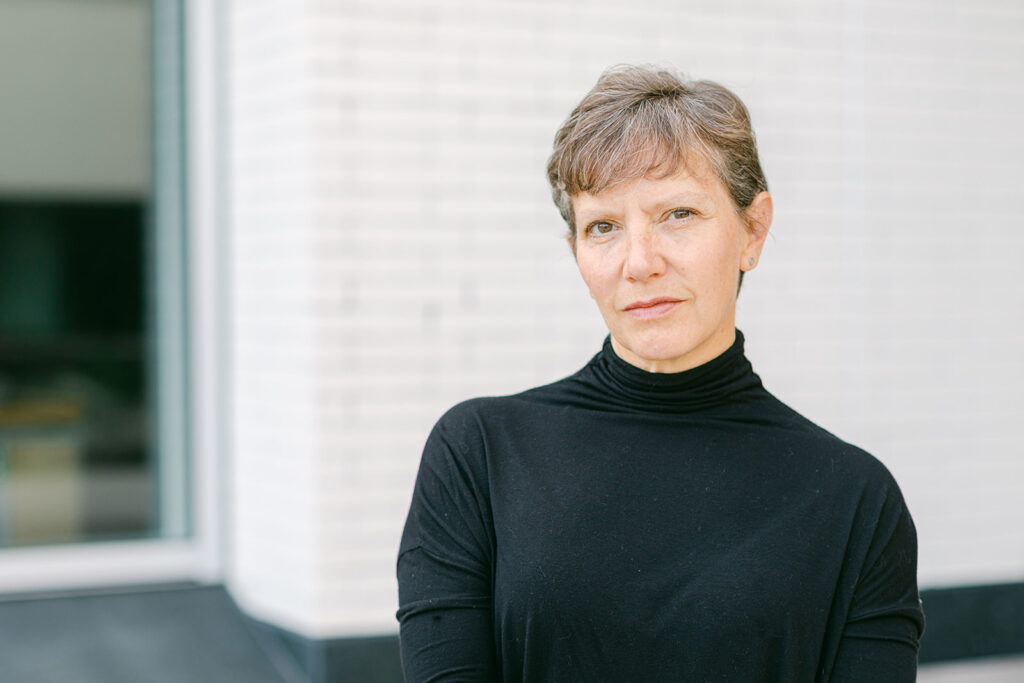
On January 5, Robert Mailman and Walter Gillespie were acquitted of murder in New Brunswick, 40 years after their conviction. In her ruling, Chief Justice Tracey DeWare explained how new information led her to believe “serious mistakes” at their 1984 trial contributed to their wrongful conviction. Police failed to disclose evidence at trial that supported Gillespie and Mailman’s alibi, and two key witnesses were paid by police before testifying. Unknown to the defence, both witnesses had initially told police that they had no first-hand knowledge of the murder, and later recanted their testimonies.
A new report by the UBC Innocence Project argues that wrongfully convicted individuals are languishing in Canada’s prisons – and explains how timely access to police and court records could help remedy these miscarriages of justice.
Co-authored by Tamara Levy, KC, Director of the UBC Innocence Project at the UBC Peter A. Allard School of Law, and Allard Law graduate Alexandra Ballantyne, Post-Conviction Disclosure in the Canadian Context documents the long delays and years of effort that go into gaining access to records that may help prove the innocence of wrongfully convicted individuals.
Putting an end to the waiting game
Levy says that denied requests and delays in gaining access to complete court records and police files present one of the biggest barriers that innocence organizations face in their efforts to advocate for the wrongfully convicted. These files can include information that was available but never shared with the defence at trial, such as the names of witnesses who spoke with police but who never provided a formal statement or potential evidence found at the crime scene that was never tested for DNA.
“This is the type of information applicants desperately need that might ultimately prove their innocence,” says Levy.
Funded by the Canadian Bar Association’s Law for the Future Fund, the report calls for a series of changes that would make it easier to access these files and could potentially cut years off the time that wrongfully convicted individuals sit in prison before their cases are formally reviewed.
Please visit the Allard School of Law website to read the full story.
In support of Strategy 16: Public Relevance, we are working to align UBC’s efforts more closely with priority issues in British Columbia and beyond, through dialogue and knowledge exchange.